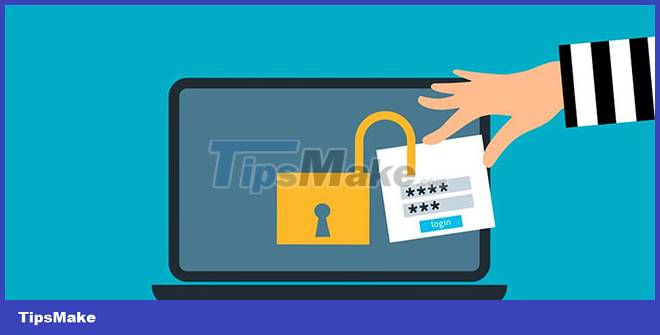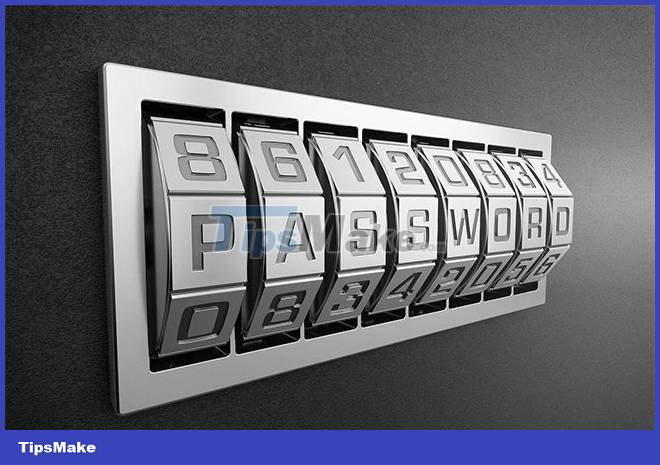8 Reasons Password Managers Aren't As Secure As You Think
A password manager is the recommended option for keeping track of your passwords. They allow you to store strong, unique passwords for every service you use. They also allow you to log in without entering your password every time and this protects you from keyloggers.
However, password managers are not perfect. And not everyone likes the idea of storing all of their passwords in a single location. If you use a password manager and it gets compromised, a hacker can gain access to all your accounts.
If not used properly, they can actually make your account less secure. Here are some of the risks associated with using a password manager.

1. Everything is in one place
Password managers encourage you to store all your information in one place. This usually includes not only your password, but also your payment details. A password manager is designed to prevent unauthorized access, but it's not ideal. A password manager reduces your chances of being hacked but increases the potential damage if you do get hacked.
2. Keyloggers can be more dangerous
Password managers usually protect you from keyloggers. They allow you to log into your account using autofill and this makes any keylogger ineffective. But what about when you enter your password into your password manager?
Keyloggers are effective in this case, and instead of gaining access to one of your accounts, it will allow hackers to gain access to all of them. If you use a password manager, you still need to avoid using a computer with malware.
3. Your account is easier to access
People typically log into their password managers on personal devices. This is convenient, but it means that if someone accesses their device, that person can access all of their passwords and payment details. This can be mitigated by only logging into the password manager when you want to use it. But this is supposed to make the software less useful.
4. Some features are paid
Password managers often have useful extra features. For example, some tools will tell you if your password has been leaked on the dark web. And others will evaluate your passwords and let you know how secure they are. The problem with these features is that they are only available if you pay an annual fee. If you're using a free password manager, you're not getting the best possible protection.
5. Backups are not always provided
Most password managers allow you to back up your password vault. But not everyone uses this feature. If your password manager has a unique copy of your passwords, you could lose access to all your accounts if you forget your password or the server crashes. This can be avoided by backing up your passwords regularly and keeping the backups somewhere safe.
6. Password Managers Have Been Hacked

Password managers are security products, but that doesn't mean the companies that own them can't be hacked. In fact, password managers all have a history of being hacked. LastPass was hacked in 2015 and OneLogin was hacked in 2017. Although customer passwords were not disclosed in either case, it proves that these companies are no match for the news. thief.
7. 2FA is optional
2FA is an optional feature on password managers. If you don't use it, your password is not secure. If a hacker finds out your master password, there's nothing to stop him from accessing your password vault. This can happen if you have used the same password somewhere else in the past, got scammed online, or if there is a keylogger on your computer.
8. You may forget your password
All password managers share a common weakness. If you lose your master password, you may lose access to all your passwords. This problem can be mitigated by keeping backups and storing master passwords in a safe place, but it still highlights the dangers of storing all passwords in one place.
Despite the inherent flaws in password managers, most people will still benefit from using this tool. They allow you to set passwords that are complex, unique, and hard to remember. Instead of avoiding these products, you should understand their cons and use them accordingly.
Password managers do not provide complete protection against keyloggers. They also shouldn't be used as the only copy of your password. Your password list should be backed up regularly, and a copy of your master password should also be stored in a safe place.